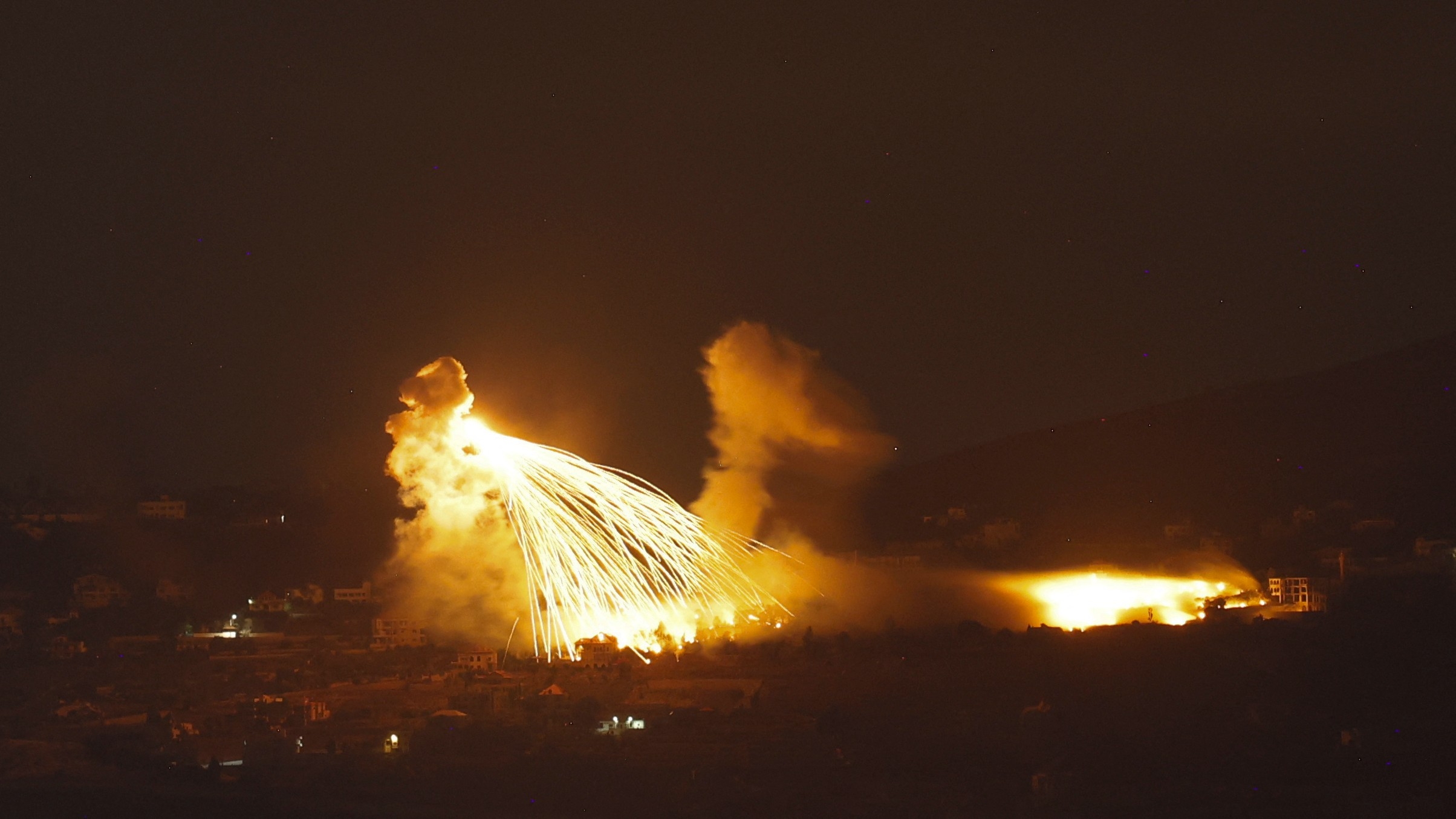Israel has confirmed the start of its ground invasion into Lebanon, targeting Hezbollah strongholds near the border.
The Israeli military stated that these “limited, localized, and targeted ground raids” are based on precise intelligence, aimed at neutralizing Hezbollah forces that pose an immediate threat to northern Israeli communities.
This marks a significant escalation in the conflict after two weeks of airstrikes and the killing of several key Hezbollah commanders, including the group’s leader, Hassan Nasrallah.
Hezbollah’s deputy leader, Naim Qassem, responded defiantly, signaling that Hezbollah is prepared for a prolonged ground battle. “The resistance forces are ready for a ground engagement,” Qassem declared in his first public speech since Nasrallah’s assassination.
Military experts are voicing concern about the growing likelihood of a broader war. Middle East analyst Dr. Hisham Khoury explained, “This ground invasion could push the conflict beyond the borders of Lebanon and Israel, igniting a regional war. Hezbollah’s deep entrenchment in southern Lebanon makes this a high-stakes operation for both sides.”
READ ALSO: Lebanon ready to implement UN resolution on Hezbollah’s disarmament amid rising tensions
Israel’s elite 98th division, recently redeployed from Gaza, is leading the ground operations, facing fierce resistance from Hezbollah forces. The Israeli military reports ongoing intense fighting, with paratroopers and commandos engaging Hezbollah militants.
Despite international pressure to halt the offensive, including calls from U.S. President Joe Biden for a ceasefire, Israel continues its operations.
Dr. Miriam Feldman, an expert on U.S.-Middle East relations, commented, “The U.S. has limited influence here, as Israel views Hezbollah as an existential threat. This situation is rapidly moving beyond diplomacy.”
As tensions rise, the UK government has issued an evacuation order for British nationals in Lebanon, with a chartered flight set to depart from Beirut on Wednesday.
Concerns are growing that the conflict could lead to wider instability across the region, drawing in neighboring countries and escalating into an all-out regional war.

 Entertainment1 week ago
Entertainment1 week ago
 Entertainment5 days ago
Entertainment5 days ago
 Comments and Issues1 week ago
Comments and Issues1 week ago
 Comments and Issues1 week ago
Comments and Issues1 week ago
 Comments and Issues1 week ago
Comments and Issues1 week ago
 Health7 days ago
Health7 days ago
 Health3 days ago
Health3 days ago
 Football7 days ago
Football7 days ago

